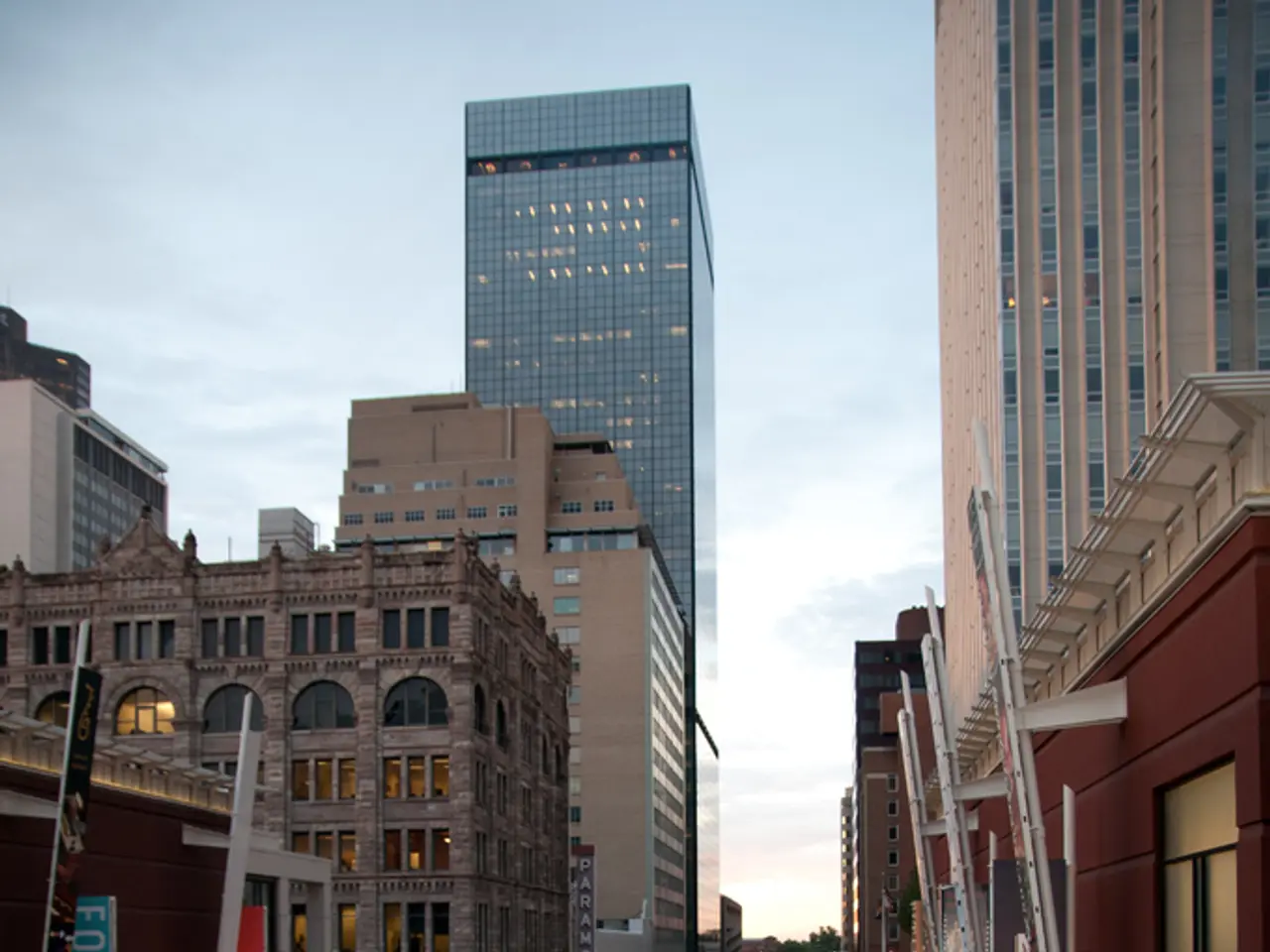New York's Inflation Rates Surpass National Averages, Affecting Expenses Like Rent, Tuition, and Child Care Costs.
New York City is experiencing higher inflation rates compared to the national average, according to the latest data from the Bureau of Labor Statistics. The Consumer Price Index (CPI) for the New York City area is currently up 3.2%, while the national figure stands at 2.7%.
The rise in rent in New York and the surrounding region is up 4.7%, compared to 3.9% nationally. Tuition and child care costs in New York increased by 5.9%, outpacing the 3.5% increase nationally. The cost of groceries locally rose by 3.5%, compared to a 2.2% increase across the country.
On the other hand, the price of medical care in New York City went up less than 2%, while increasing 3.5% nationally. However, the price of local energy rose 3.9%, significantly higher than the U.S. average, which fell 1.6%. Despite a sharp drop in the price of gas at New York-area pumps, the aggregate rise in energy costs is due to higher natural gas and electricity prices.
Local housing costs, although still elevated, have recently seen a slight decrease. The city's Economic Development Corporation stated that Miami, Atlanta, and Dallas have lower rates of inflation since pre-pandemic times than New York City, but Boston, San Francisco, and Houston have higher rates.
The "Core" CPI, which measures inflation without the more volatile costs of food and energy, is currently rising at its fastest rate in five months. The city's Office of Management and Budget anticipates that inflation in New York City will outpace the national rate in 2025 by 3.9% to 3.2%, and in 2026 by a rate of 2.8% locally and 2.6% nationally.
The consumer price report led to a rise in markets, as investors grapple with the implications of rising inflation rates. Economists and local policymakers continue to monitor the effects of the Trump administration's tariffs on consumers, which could further exacerbate inflationary pressures.
Despite the current inflationary pressures, the city's Economic Development Corporation stated that New York City is "in the middle of the pack" among cities nationwide in terms of inflation since pre-pandemic times. The cost of living in New York City has eased somewhat from the steep rates of change in recent years, when it was as high as 6% in 2022 and over 4% through much of last year.
However, the overall inflation in the U.S. is moderately increasing, with important drivers like food prices. The Bureau of Labor Statistics did not mention any specific U.S. city as having a significantly higher inflation rate than the national average, nor did it provide a detailed forecast explaining why a city's inflation rate would rise above the national average in 2025 in the provided sources.
Read also:
- President von der Leyen's address at the Fourth Renewable Hydrogen Summit, delivered remotely
- Unveiling Innovation in Propulsion: A Deep Dive into the Advantages and Obstacles of Magnetic Engines
- Intensified farm machinery emissions posing challenges to China's net-zero targets
- EU Fuel Ban Alerts Mercedes Boss of Potential Crisis




